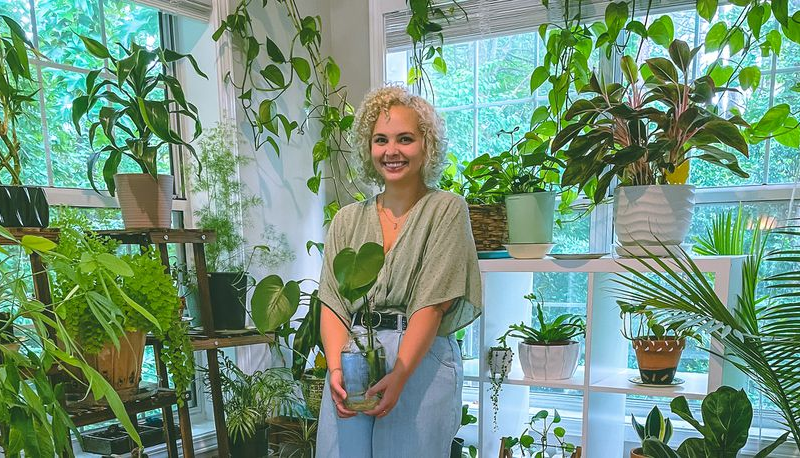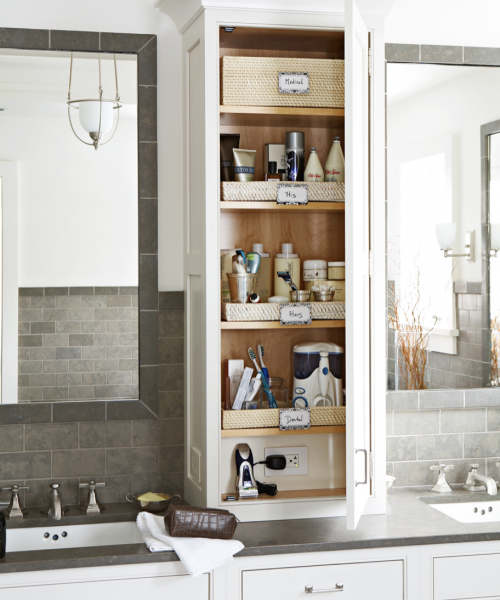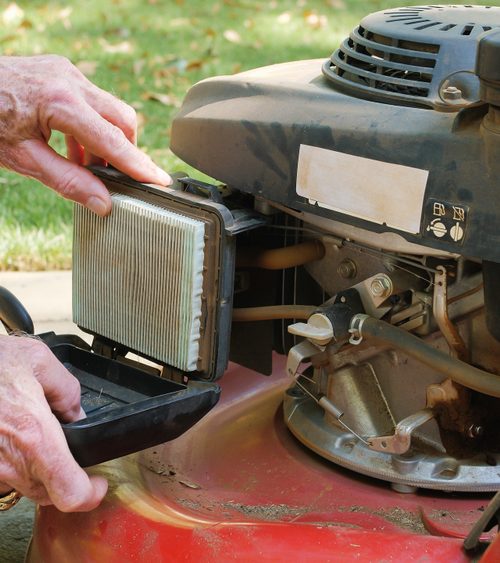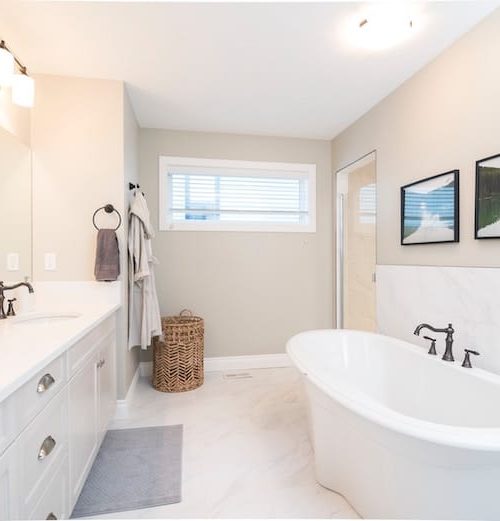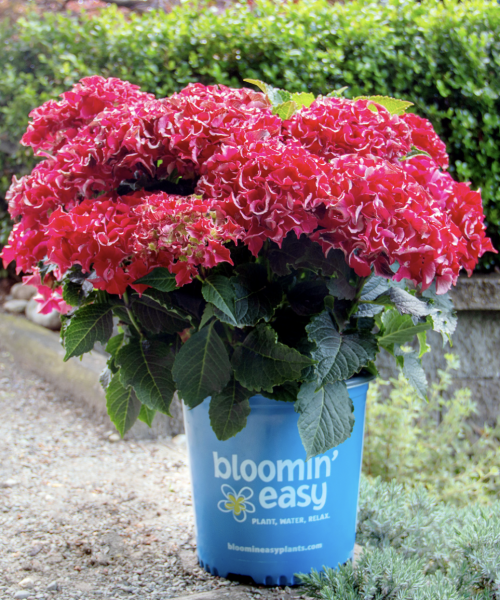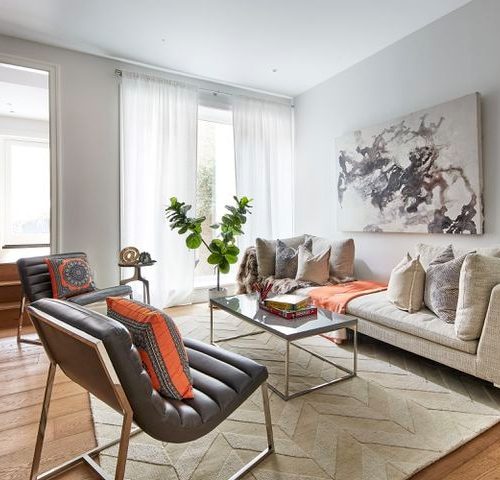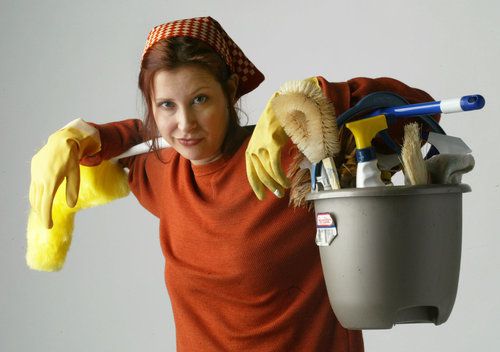By Mary Welch, For the AJC
Troy Warren for CNT
It’s a ‘healthy addiction’ that clears the air and your head.
To celebrate life’s milestones and successes, some people get a tattoo; others buy a signature piece of jewelry. Mary Sanders buys a plant. “You should see my graduation plant. It’s now a graduation tree!”
Sanders, a graphic designer for Treebird Branding, says her “generational” love of plants sprouted while growing up on her father’s tree farm in South Georgia. Sanders estimates she has more than 40 plants and all but a few have a story. “I have one that is 25 years old and came from my grandfather who had it 15 years before he gave it to me. Whenever I want to mark a moment in my life, I buy a plant.”
Sales and interest in houseplants are blooming. The National Gardening Association says that in the three years leading up to 2019, houseplant sales increased by 50 percent to $1.7 billion — and that was pre-pandemic. Prior to the pandemic, the increase in sales of houseplants was largely attributed to millennials decorating their condos, but now it seemingly crosses all demographics.
Pike Nursery saw more folks purchasing plants during the pandemic and it hasn’t abated, says Rena Sartain, landscape consultant for the Buckhead store. “People turned to houseplants so they had something to nurture, to take care of. There is a real therapeutic value to these plants. They clean the air and they make you feel good. But they can be fickle and you have to learn what you are successful with.”
The pandemic certainly encouraged more nascent gardeners to play in the dirt — or at least in a pot.
“I think the pandemic got it all started,” says Brad Scoggins, owner of the Green Flamingo, a plant store he opened last October in Virginia-Highland. “People were spending more time at home and they needed something to do. Plants are relatively easy to care for and it’s fulfilling a need to care for something, especially during this pandemic.”
Although Scoggins is “obsessed with plants and lives in a jungle,” he had no intentions of opening a plant shop. He is the co-owner of the Little Barn Apothecary and customers were always commenting on and wanting to buy the plants he put in the store for decorations. When a store became available a few doors down, he opened the Green Flamingo and it has since blossomed.
“I started collecting plants and it’s my obsession. Both my mother and grandmother had houseplants. We have customers who want nice green plants and others that are looking for a rare plant or a certain variety. It’s definitely a trend.” Scoggins has close to 100 plants. “It’s me, my three dogs and my plants. How much is too much? I think it depends on who you ask. I say there is never enough space if you fill it with a green plant.”

Geoff and Ana Wall started their online business, Atlanta Houseplants, as a result of a drab background during Zoom calls. Geoff worked at Home Depot and when the pandemic hit, Ana would take Zoom business calls in a makeshift home office in Vinings. It was “depressing,” says Geoff, “so I decorated it with plants and created an interior jungle. Everyone on the Zoom calls loved it and we turned it into a side business. And then we saw it as a huge opportunity. I left Home Depot and we put our foot on the gas in social media and started the online shop.”

In addition to selling plants, he provides a home consultation service where he recommends what plants will thrive in a person’s home and then teaches them how to care for them. “We set them up for success. There’s nothing worse than shelling money out for a plant and you kill it.”
Wall also serves as a problem buster, a plant doctor, and when plants become ill he will come and identify the problem and solution. “Usually, it’s overwatering or not enough light. Overwatering is 70 percent of the problems and it then attracts insects, white flies and other bugs.”
As offices are opening up, he’s getting calls about putting plants, such as succulents, on employees’ desks. “It shows that the employer really cares about the people by wanting them to have plants that will clean the toxins out of the air and make the office feel a bit homier.”
Andrea Kidd and her sister, Jennifer Martha, both had an “insatiable curiosity for plants and were amateur plant collectors.” Kidd, who worked in events, and her sister who sells wines, had more free time during the pandemic and decided to open a pop-up plant shop. “We always joked about doing it and never thought we would.” They took up a corner of Scout, an Oakhurst Village restaurant, and sold plants. “We sold out in the first week and realized that it could take off. It was clear that everyone was as interested in plants as we were and we turned it into a permanent business.”

Lush Plant Co., located in Decatur, now employs three people and is open six days a week. “Even before the pandemic, everyone had an intrinsic need to be connected with nature. Then we were all stuck in our houses and needed something that would help us maintain a positive mental attitude. Plants make you happy, help you increase your work production. You give to it; it gives to you.”
Kidd became interested in plants when her children were young and she needed a hobby that would also make her home look nice. “At first I got three, then five more. Now I have between 60 to 70. It sounds like a lot but if you put them in different rooms, it’s really not. I don’t think you can have too many but no one should buy 50 all in one day. You need a process to getting plants and your existing plants have to be happy before you bring in additional ones.”
Like Scoggins, Cary Smith and Libby Hockenberry own more than 100 plants (150 at the last count) and opened The Victorian Atlanta at Ponce City Market, which sells plants ranging from $10 to $345. “We saw a wild uptick during the pandemic. We had to pivot to deliveries and pickups, and our business didn’t slow down.” Smith, who believes that “you view the world differently when you start collecting. Once you start, it’s hard to stop.” Although he sells a variety of plants and pots, he recommends doing a bit of homework, especially if you have pets. “I’d recommend going to a good website and looking up toxic versus nontoxic plants. Unfortunately, most of the cool plants that people like are poisonous in some capacity.”

Whether you own a plant store or not, all agree that plants increasingly are playing a more integral part in everyday life. “All of my friends can’t believe that I’m not spending my money on normal stuff, like Target runs,” says Sanders. “I don’t think I’ll ever stop. I’m buying a house and one of the qualifications is that it has to have a sunroom for even more plants. It’s not an office; it’s a greenhouse. I’ve accepted that.”
Sanders says she spends between $50 to $100 every week or two buying new soils, pots or an occasional plant, which just must be “super duper unique. I’m not the type that sings to my plants, although I’ve seen people on TikTok do it. I don’t name them, either. I just like how the sun will come through in the morning and I can drink my coffee and be in a peaceful environment. It’s a calm vibe.”
Kidd agrees. “We see people come in and get one or two and then their confidence will increase, and they’ll come in and get five more, and then five more. As soon as people see plants, they take a deep breath and they’re serene and happy.”
Adding, “Honestly, it’s the healthiest addiction you can have.”
The Green Flamingo. 1030 N. Highland Ave., Atlanta. 770-776-7420, instagram.com/thegreenflamingoatl.
The Victorian Atlanta. 675 Ponce de Leon Ave., Suite W113, Atlanta. 678-488-7330, www.thevictorianatlanta.com.
Lush Plant Co. 317 W. Hill St., Decatur. 971-451-0737, www.lushplantco.com.
Atlanta Houseplants. 404-977-4539, www.atlantahouseplants.com.
In Other NEWS


























